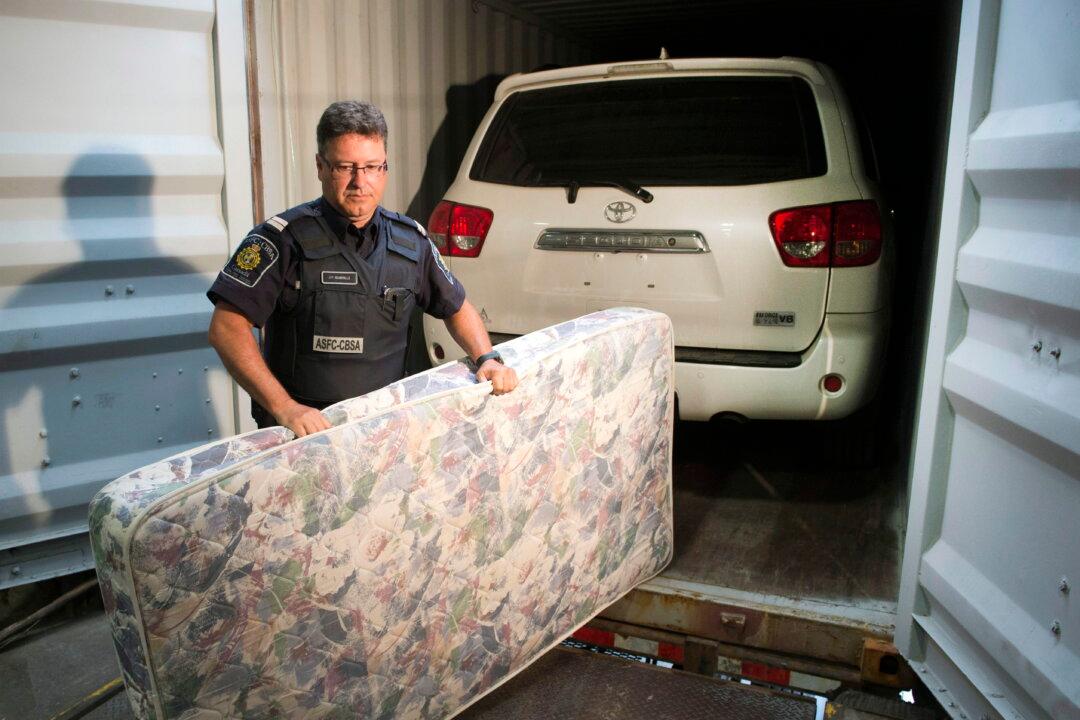Global attention is bearing down on Canada’s auto theft problem as Canadian politicians step up efforts to show they’re addressing the issue.
Interpol has labelled Canada one of the world’s main source countries for stolen vehicles in a growing international market, and that’s having serious impacts on Canadians—not only driving up insurance premiums but also putting people at risk.





